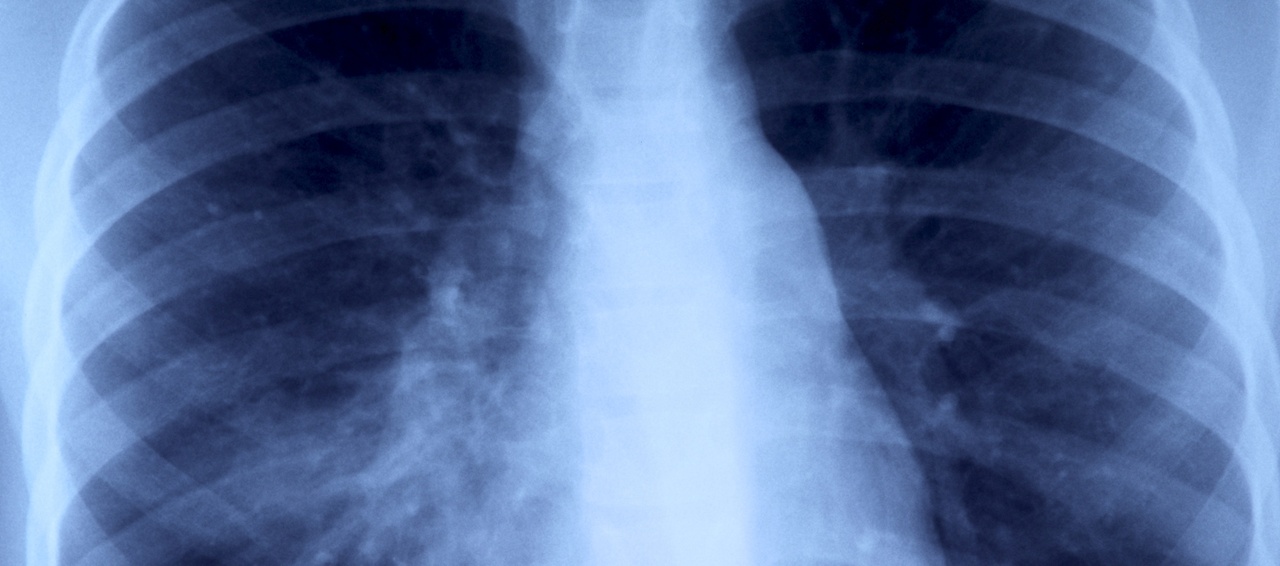Curriculum
Outstanding training in a flexible and supportive learning environment
As a resident, you will complete 20 blocks of core respirology and 6 blocks of additional elective experience tailored to your individual training needs. Core clinical rotations provide excellent training in the clinical aspects of adult respirology.
Core rotations
| 7 blocks | In-patient consultations |
| 2 blocks | Critical care |
| 2 blocks | Respirology ambulatory care |
| 2 blocks | Sleep laboratory and clinic |
| 1 block | Cardiopulmonary rehabilitation program and integrated care |
| 1 block | Combined chest imaging & lung pathology |
| 1 block | Community respirology |
| 1 block | Medical/Radiation oncology |
| 1 block | Pulmonary function and cardiopulmonary exercise testing laboratory |
| 1 block | Research and scholarly activity |
| 1 block | Thoracic oncology |
Elective rotations
The elective experience aims to meet your individual training needs, while providing further subspecialty exposure, and the opportunity to explore potential career paths. Electives at our site include pulmonary hypertension, cystic fibrosis, transplant, allergy and immunology, pediatric respirology, research, and medical education. Community respirology electives are available within the Maritime Provinces, and you may choose to complete electives at other Royal College certified programs in Canada.
Longitudinal clinic
As a resident in our program you will manage a longitudinal outpatient clinic with a single supervisor. The clinic spans the two years of training, and is interrupted only for vacation, electives, and critical care blocks. This experience allows for graded independence and responsibility, and will allow you gain experience in the practical aspects of managing an outpatient clinic. In addition to administrative support, you will benefit from the involvement of educators, nursing, and respiratory therapy in a collaborative outpatient setting.
Research and scholarly activity
As a resident, research and involvement in quality and patient safety projects will be an integral part of your training. The extent of the involvement will vary with your interest and aptitude to pursue research-related career goals. Graduating residents will have completed a basic certificate in Quality & Patient Safety upon completing the program. Departmental funding is available for residents to attend a national or international conference annually, and funding for additional conferences is available for residents who are presenting their own material.
Dedicated resident teaching
As a respirology resident you will participate in protected half-day teaching each week. Dedicated small group learning is facilitated by our outstanding faculty. The weekly teaching schedule covers basic and applied respiratory physiology, clinical respirology, diagnostic imaging, and lung pathology. The curriculum also includes weekly data interpretation in the clinical setting rounds where you will receive individualized instruction on imaging and test interpretation. You will also participate in monthly combined chest radiology rounds, multidisciplinary case conferences, sleep rounds, divisional academic rounds, and research-in-progress rounds.
Procedural training
As a respirology resident you will become confident in performing core thoracic procedures including bronchoscopy, ultrasound-guided thoracentesis, and chest tubes. Our program utilizes simulation-based teaching for bronchoscopy, endobronchial ultrasound, ultrasound-guided thoracentesis, and chest drain insertion. You are the prioritized learner when participating in tunneled pleural catheter placement and endobronchial ultrasound under the guidance of our interventional pulmonologist and thoracic surgeons. The structure of our program provides flexibility so that residents have opportunities to perform procedures across different learning blocks.
On-call duties
The call schedule for the program is relatively light. As a trainee you will provide home call for respirology and the intermediate care unit when not on elective or a critical care block. The frequency of call is less than 1:4, and well below the limits negotiated by Maritime Resident Doctors.
Resident evaluation
Residents are evaluated using the Competence by Design framework developed by the Royal College of Physicians and Surgeons of Canada. Our competency committee meets regularly to gauge resident progress across a series of standardized entrustable professional activities, as well as other program-specific evaluative tools including written, oral, and OSCE format in-training exams.
For more information of Competence by Design, please visit the Royal College website.
